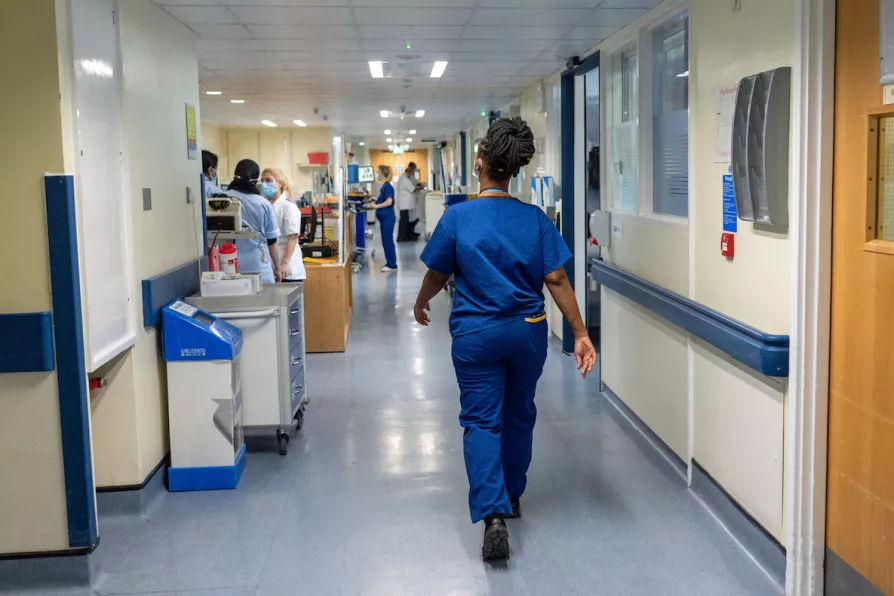Watchdog calls for action, amid yawning health and social care deficits in Scotland

 A general view of staff on a NHS hospital ward
A general view of staff on a NHS hospital ward
SCOTLAND’S health and social care partnerships must stop fighting fires and tackle their ballooning budget deficit currently standing at £0.5 billion, a watchdog has warned.
Integrated Joint Boards (IJB), set up on the integration of social work and primary health care in 2013, have seen deficits grow steadily amid continuing austerity and soaring demand.
The problem appears to be worsening however, as the latest Accounts Commission report showed the spending gap rise by 28 per cent between 2022/23 and 2023/24 — soaring from £357 million to £457m.
Similar stories













